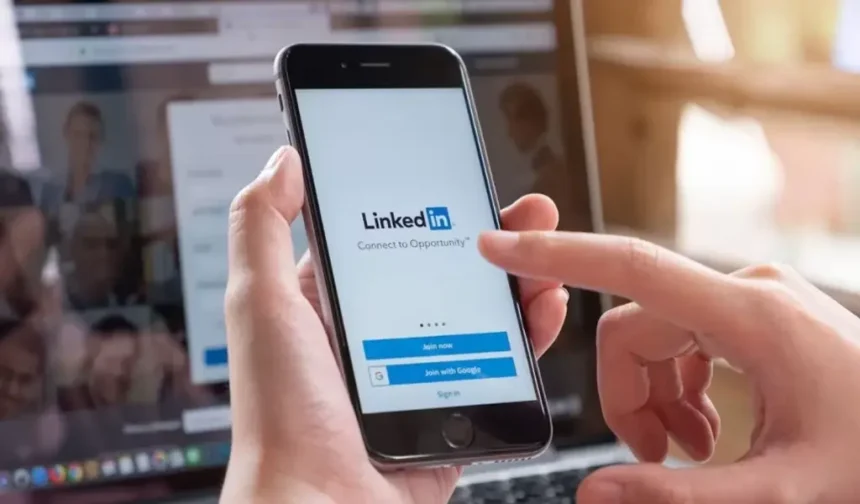Premium users of Microsoft‘s (MSFT.O) LinkedIn have filed a lawsuit against the company, claiming that the social networking platform, geared toward business, revealed their private conversations to third parties without their permission to train generative artificial intelligence models.
LinkedIn secretly implemented a privacy setting in August of last year, which allowed users to enable or restrict their data sharing, according to a proposed class action lawsuit filed on Tuesday night on behalf of millions of LinkedIn Premium customers.
Customers have reported that LinkedIn then made a covert change to its privacy policy on September 18th, stating that data might be used to train artificial intelligence models. Additionally, a hyperlink titled “frequently asked questions” stated that opting out “does not affect training that has already taken place.”
LinkedIn Denies Claims Amid Legal Battle Over Data Usage for AI
According to the lawsuit, LinkedIn’s desire to “cover its tracks” indicates that the company was aware it had infringed on its customers’ privacy and broken its pledge to use personal data exclusively to promote and improve its platform. This was done to minimize the impact of public attention and legal repercussions.
The action was filed in federal court in San Jose, California, for LinkedIn Premium customers who sent or received InMail messages before September 18th and whose private information was provided to third parties for artificial intelligence training.
It wants damages of an undefined amount for breach of contract and violations of the California unfair competition statute, as well as $1,000 per individual for violations of the federal Stored Communications Act.
LinkedIn responded to the allegations, stating, “These claims are baseless and without merit.”
The attorney for the plaintiffs did not have any other statement to make at this time.
President Donald Trump announced several hours before the filing of the complaint that a joint venture between Microsoft-backed OpenAI, Oracle (ORCL.N), and SoftBank (9984.T) would construct artificial intelligence infrastructure in the United States. The potential investment in the joint venture is estimated to be $500 billion.

Salman Ahmad is known for his significant contributions to esteemed publications like the Times of India and the Express Tribune. Salman has carved a niche as a freelance journalist, combining thorough research with engaging reporting.














